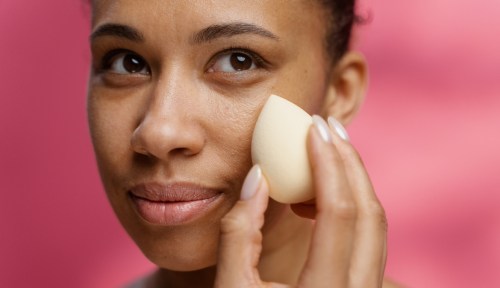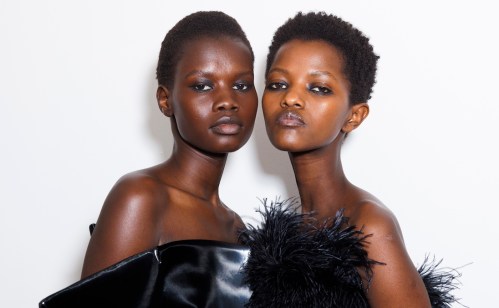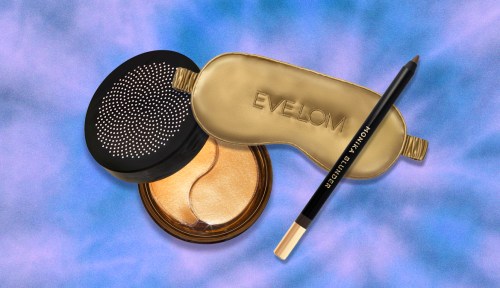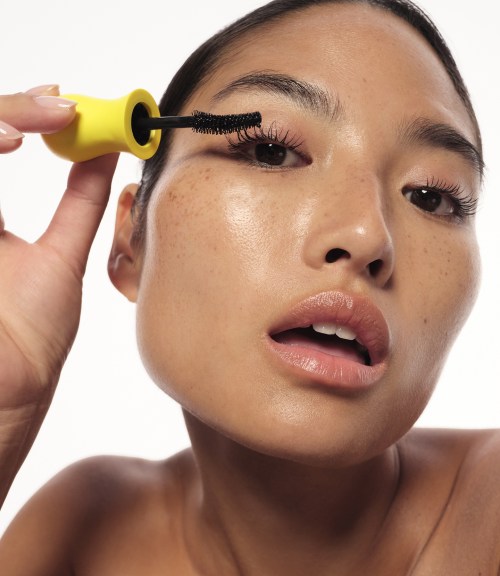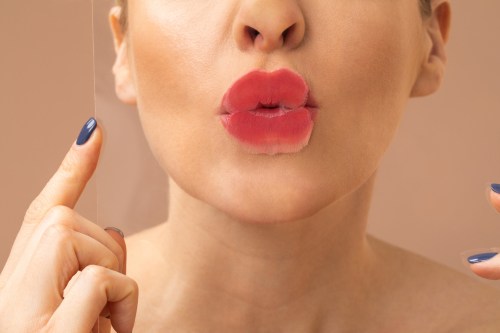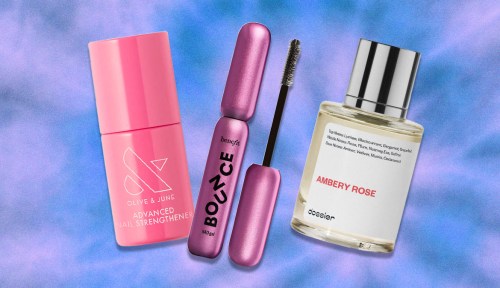Why you might not be able to trust a beauty product that claims to be organic
Even if you're buying cosmetics labeled "organic," that doesn't necessarily mean they are—in fact, many are misguiding consumers, according to a new report.
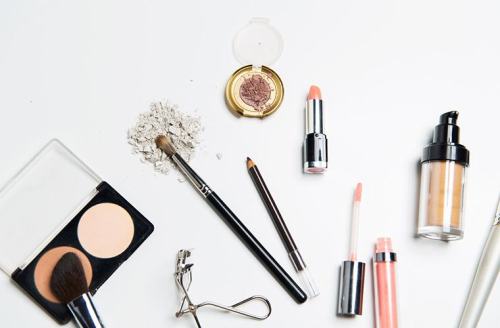
These days, you’re not just buying organic superfoods—you’re probably buying organic personal care products as well, so that you’re treating your body right both on the inside and out.
But here’s some not-so-healthy news: While there’s little doubt that the box of organic granola you’re reaching for at Whole Foods lives up to its claims, the FDA is not actually policing the label claims on many beauty products, according to the Environmental Working Group.
EWG just released a disconcerting new report that confirms this common misuse of the term “organic” in the personal care industry. Although the USDA has set standards for when a personal-care product can call itself organic or say it has organic ingredients, the government is not always actually checking to confirm that brands are abiding by the rules—and a lot of greenwashing is going on in the industry. In order to fix the situation, the USDA and Federal Trade Commission sat down for a roundtable discussion last week to go over this problem of misleading labeling, as well as what to do about it.
“Consumers are looking at personal care products with the incorrect assumption that all of the chemicals in the product have been reviewed by a government expert.”
“The Food and Drug Administration, which has primary authority over regulating cosmetics, makes little effort to police misleading ‘organic’ cosmetics claims,” says Scott Faber, EWG’s senior vice president for government affairs. “Two-thirds of consumers think that the ingredients in personal-care products have been reviewed by the FDA for safety. So [they] are looking at personal-care products with the incorrect assumption that all of the chemicals in the product have been reviewed by a government expert.”
Not only are brands not required to verify whether something is actually organic, but the current labeling guidelines are looser than a pair of sweatpants: For a product to claim that it contains organic ingredients, at least 70 percent of it must actually be organic—which is great, until you realize that the other 30 percent can be comprised of anything. (Yup, even the bad stuff you go out of your way to avoid, like preservatives.)
Currently, more than 5,000 personal care items in EWG’s Skin Deep database either claim to be organic (be it through their brand name, product name, or on the product label) or contain some organic ingredients—yet they actually contain hidden, harmful ingredients ranked poorly by the organization. (How poorly? More than 250 received a score of 5 or more, which puts them in the moderate-to-high hazard zone—yikes!)
“The gears of government are grinding slowly, but [the roundtable] was a really important step towards limiting many of these very misleading claims.”
“The gears of government are grinding slowly, but [the roundtable] was a really important step towards limiting many of these very misleading claims,” notes Faber. “They have the authority to update what’s called Green Guides, which allow marketers to know when organic claims might be appropriate, but it’s too soon to tell how the FTC will use its enforcement powers as far as misleading claims.”
But don’t run to your bathroom and dump all of your bottles and tubes into the trash just yet. After all, there are plenty of awesome brands out there you can trust when they use the term organic, from Au Naturale Cosmetics to Cocokind. Just do a little brand research before adding to cart—here’s how to be a better reader of beauty labels (and keep checking our beauty picks each month for some rockstar non-toxic products, in case you are in need of a vanity reboot).
When in doubt? Just reach for your bottle of certified organic coconut oil (which is indeed verified, as a food product) and apply it everywhere.
Although organic labels on personal care products are not closely regulated (yet), things are buzzing in the industry—read all about the clean beauty revolution. Looking to go natural? These are the 3 most important skin-care swaps to make first.
Sign Up for Our Daily Newsletter
Get all the latest in wellness, trends, food, fitness, beauty, and more delivered right to your inbox.
Got it, you've been added to our email list.
